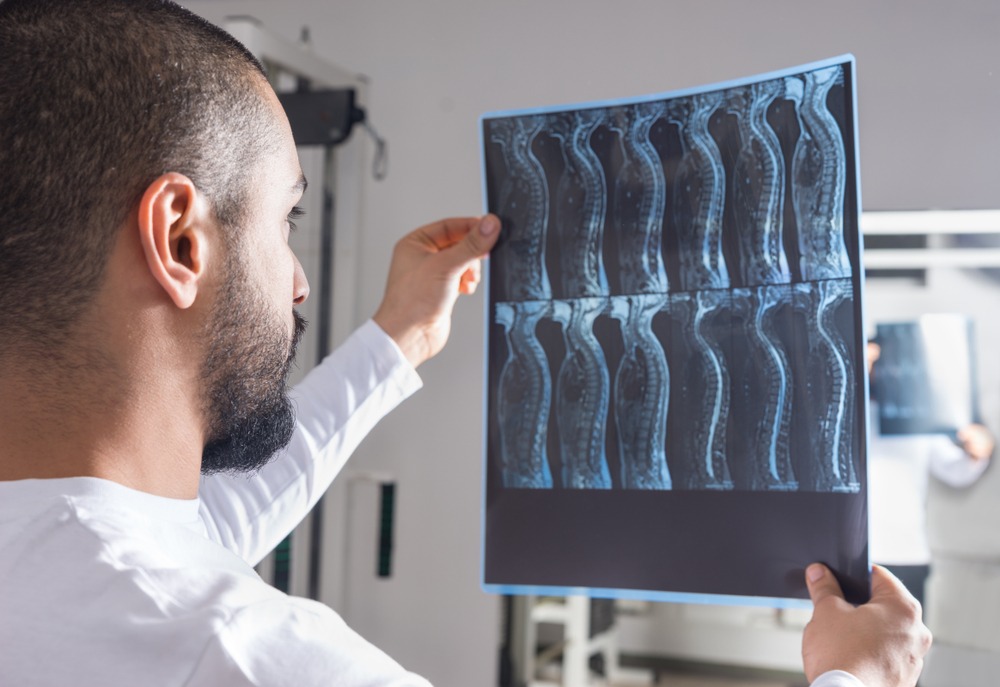
Types of Brain Injuries in Children and Adolescents Resulting from Car Accidents
April 6, 2023Car accidents are a leading cause of severe injuries and even death for young people. Though we can take precautions and drive responsibly, sometimes brain injuries happen no matter the safety measures we put in place. Therefore, it is crucial to be aware of signs your child may have and seek medical help promptly.
The common types of car accident-related brain injuries among adolescents and children are;
Table of Contents
Concussions
Car accidents are top causes of concussions in children and adolescents and may sometimes lead to death. A concussion results from an intense force to the head, neck, or face that causes the brain to shift inside the skull. This may pose serious implications, including short-term memory loss, confusion, headache, dizziness, and nausea.
1. Skull fractures
Skull fractures are very common in car accidents. According to data from the Centers for Disease Control and Prevention (CDC), motor vehicle-related injuries account for about 8,000 deaths among children aged 14 and under annually. And an overwhelming majority of these result from skull fractures due to the trauma of impact.
These injuries can cause various long-term effects, from cognitive impairment to physical disabilities. Brain injuries that result from car accidents in children and adolescents can be divided into two categories: mild traumatic brain injury (TBI) and severe TBI. Mild TBI may only produce temporary symptoms such as confusion and headaches; more severe signs may cause improper coordination and mobility, leading to disability. Similarly, severe TBI can cause loss of vision and blurred speech.
2. Brain Contusion
A brain contusion is a form of traumatic brain injury (TBI) that occurs when the soft tissue of the brain is struck forcefully against the interior of the skull. It mostly results from car accidents, especially ones with severe impact and high speeds. A brain contusion can range from mild to severe and often has long-term consequences.

The symptoms of a brain contusion vary depending on the severity of the injury. They may include headache, confusion, dizziness, nausea, vomiting, and more.
3. Brain Penetration
Brain injuries sustained from car accidents commonly affect children and adolescents alike. They can lead to potentially long-term effects on their cognitive, physical, and emotional functioning. These effects include the loss of or damage to functions controlled by the brain, such as sensation, movement, thinking, and memory. Even mild traumatic brain injury (MTBI) can produce long-term effects, and you should seek medical help if you suspect your child has suffered such injuries.
How to Deal With Brain Injuries Among Children And Adolescents
After a car accident, your child may not show any signs of brain injury. However, seeking prompt medical help and having m examined for any brain injuries is advisable. If the accident resulted from another driver’s negligence, you should also hire a personal injury attorney and file a claim. The lawyer will help you navigate the process and get the rightful compensation for your damages.
Conclusion
Car accidents can have devastating consequences for children and adolescents. It is essential to seek medical help immediately and have your child examined for injuries after a car crash. These may range from mild concussions to more severe forms such as contusions or diffuse axonal injuries.












